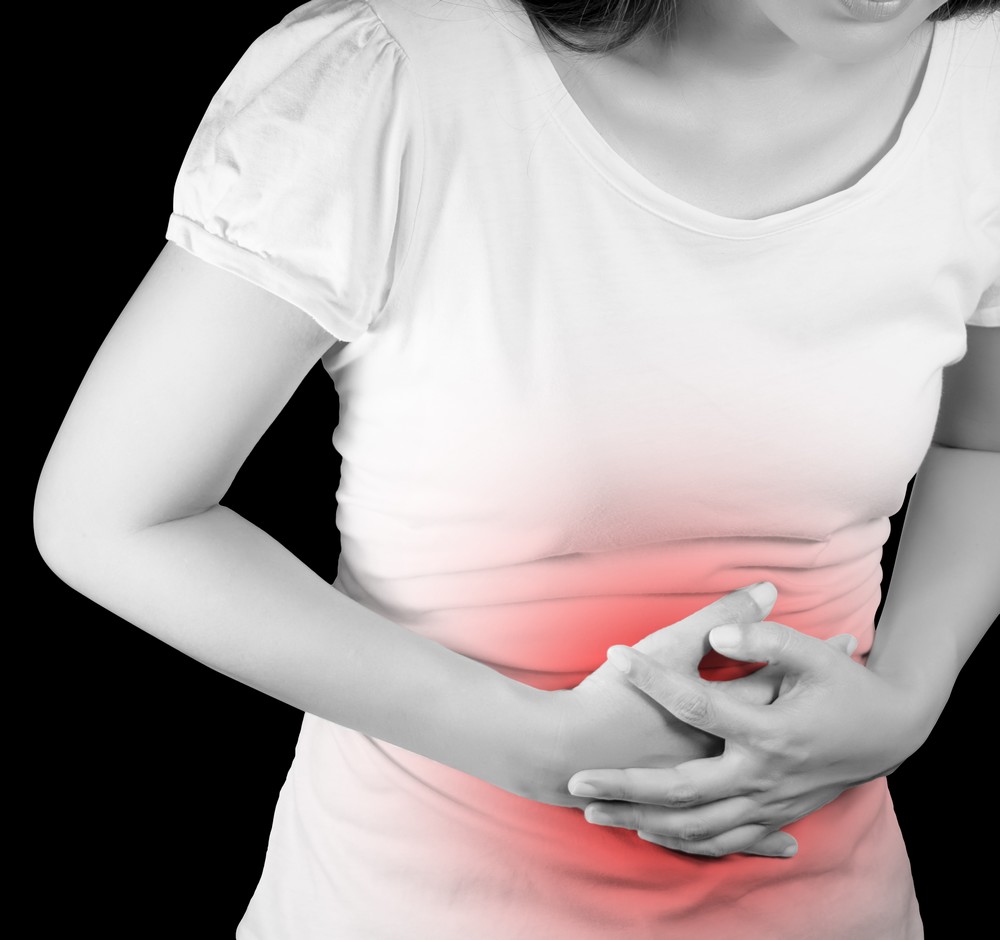

Branches
Branches
Services
Specialists
News
Promotions
Medical tourism
Price list
About us
Branches
Health Center 4
Baltic Vein Clinic
Jugla Clinic
Center of Diagnostics
Valdlauci
Clinic of Dermatology
Beauty Clinic ''4th Dimension''
Capital Clinic Riga
Vizuālā diagnostika
Anti-Aging Institute
Beauty Institute ''Liora''
Diplomatic Service Medical Center
''Medicīnas centrs t/c ''Origo''''
Medical Center at Shopping Mall ''Spice''
Medical Center at Shopping Mall ''Akropole Riga''
Mārupe
Children Health Center
Feet Center
Rehabilitation Department
Physical Therapy Department
Gynecology Department
Treatment department
Diagnostic Department
Radiology Department
MRI and CT Cabinet
MRI Cabinet
Computed tomography cabinet
Mobile Mammography
Mobile Radiography
Occupational Health Check
Laboratory
Emergency Medical Service
Medical Commissions
''DYNASTY- beauty and medical goods stores''
Derma Clinic Riga
Doctor''s office
Parventas clinic
Private clinic ''Family health''
International CIDESCO Riga Cosmetics School
Administration